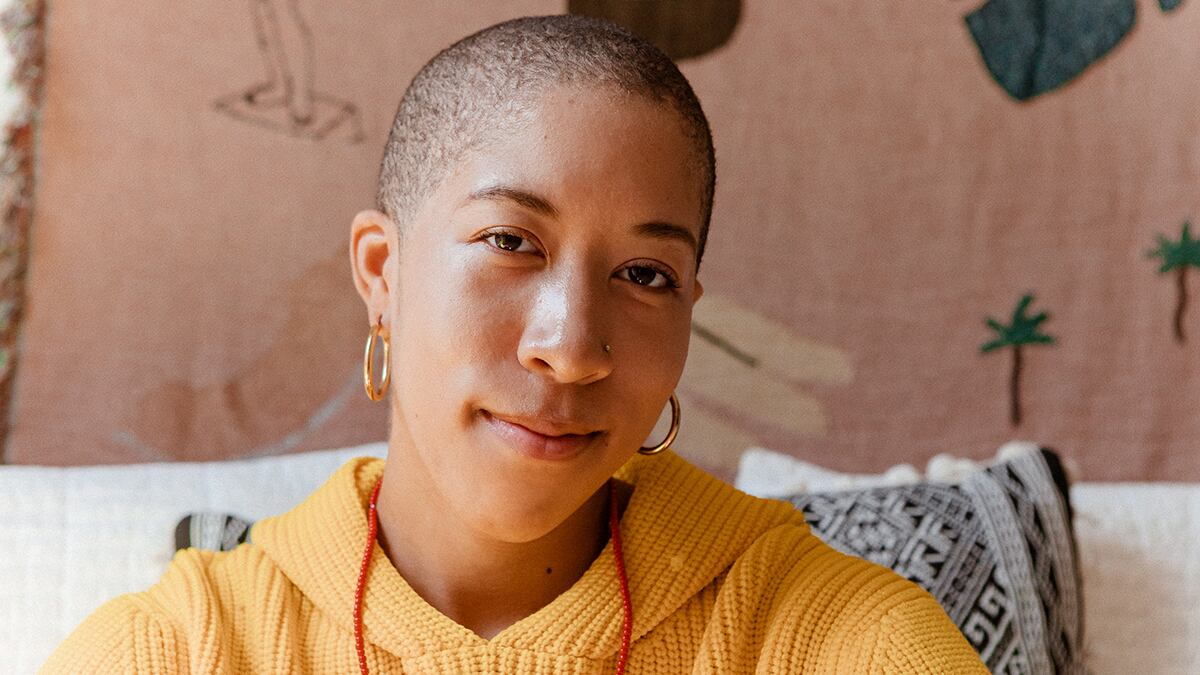When Maya Shaw first entered the world of recreational cannabis, she found an industry skilled at churning out Instagrammable content but unable—or unwilling—to confront its own problems.
"It's crazy that no one was really talking about the fact that we were openly profiting off cannabis and making it cute and making it fun and accessible," says the Richmond, Va., founder and namesake of online smoke shop Shaw. "And it's like, OK, that's cool, but can we have a conversation about what's happening behind the scenes? The War on Drugs?"
Shaw is now part of a group aiming to start those hard conversations—and put some money where the discussion is.
The 27-year-old entrepreneur is an inaugural member of the Floret Coalition, a business collective with the mission of bringing together small businesses in the weed space who are eager to become involved in the fight for restorative justice but might not be entirely sure how or where to start.
The Floret Coalition is a division of Broccoli, a Portland arts and culture magazine centered on cannabis. It operates as a modified giving circle: Small cannabusinesses join the coalition, receive an onboarding packet and commit to a minimum monthly donation. When the group's board announces the charity of the month, all Floret Coalition members direct donations straight to the recipients.
The three-member board vets each charity, and the board changes yearly. For the coalition's first year, Shaw is joined by entrepreneur and podcaster Mennlay Golokeh Aggrey and cannabis advocate Kassia Graham.
Floret emerged as "both a response and a realization that we had some community power that we could activate beyond just what we could do individually," says Anja Charbonneau, Broccoli's editor in chief. "Seeing the way that people were willing to open their wallets during the first wave of this summer's protests really gave us the push to believe that people were ready to rally."
Shaw puts it another way: "It's time to tell your friends to pull up."
WW: Did the idea for the Floret Coalition arise in response to the George Floyd uprising or had it been in the works before then?
Anja Charbonneau: Floret getting started in June was not only a reaction to the recent Black Lives Matters uprisings but also addressing a longer-term need that we've seen in cannabis to find tangible, financial ways to give back.
Maya Shaw: It was pretty seamless. Anja sent a message to the three of us, and she was just like, "Here's what I want to create, and the three of you would be an awesome first team of board members." And I couldn't agree more. We're all pretty like-minded in the sense that we want to do the right thing and we want to make sure that we're making this the best that it can be—setting the ground, setting the stakes, and showing up for our community.
What criteria do organizations need to meet in order to qualify to receive donations?
Shaw: We want to make sure that we are really choosing organizations that are going to use the money properly. We're focused on organizations created so that these communities can have the same resources already available within communities that haven't been affected as such by the War on Drugs. Knowing that the Black community, the Latinx community, and Indigenous people overall are affected most, there's so much opportunity there. It's not necessarily just one specific thing. There are so many pockets and different crevices where we can put the money knowing it's going back into communities in need that are affected.
What criteria must businesses meet to join the coalition, aside from being cannabis adjacent and donation consistency?
Charbonneau: That's pretty much it. The funniest example I have is a brand that makes catnip toys shaped like joints. They're like, "Does this count?" Of course—you're making money off the idea of weed, so why not?
Can you explain the difference between performative allyship and, as Rihanna put it, "pulling up"?
Shaw: Brands just really need to be honest with themselves in terms of the long run. Silence speaks louder than anything. This industry is built on the backs of Black people, Latin people and Indigenous people, and anyone profiting off this industry needs to be finding a way to donate back to the communities that are affected negatively by the injustice in the industry. It's almost, in a sense, reparations, or reworking profit. If you're profiting, you also need to be giving back.
